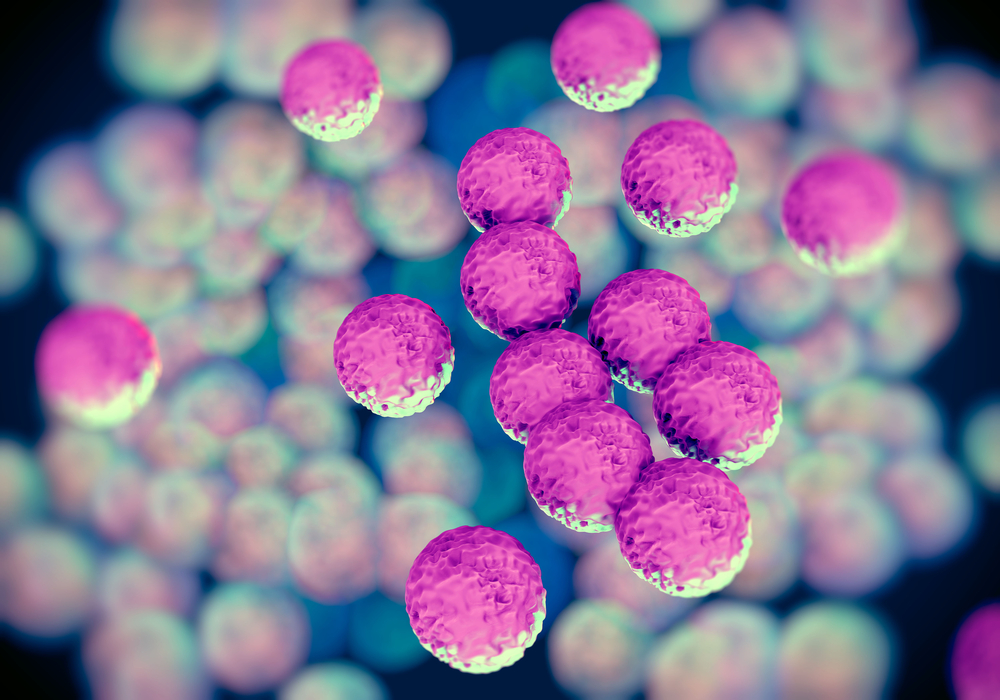
CARB-X has awarded $3.2 million to Trellis Bioscience and dangled the possibility of $3.8 million more for the creation of a monoclonal antibody that can disrupt superbugs’ protective coating.
The bacteria that become superbugs have a biofilm coating that protects them from antibiotics. By disrupting that coating, the bacteria become vulnerable to existing antibiotics again, or even the body’s immune system. With as many as 700,000 people dying each year worldwide–according to the World Health Organization–due to bacterial infections, the ability to create such a vulnerability could have far-reaching impacts.
“Drug-resistant bacterial infections kill hundreds of thousands of people each year around the world, and CARB-X is supporting the development of urgently needed new products to address this crisis,” Erin Duffy, Chief of Research and Development at CARB-X, said. “The Trellis project is in early development, but if successful and approved for use in patients, its promise for tackling challenging, biofilm-mediated infections including joint implants could be transformational for the success of many modern-medical procedures.”
CARB-X is supporting antibody manufacturing for the project’s Phase 1. The additional funds it has offered could be accessed if certain project milestones are met. As for the antibody itself–TRL1068–it is being developed through Trellis platform technology, which utilizes a mix of computerized microscopy with advanced nanomaterials to identify native human monoclonal antibodies.
“We are thankful that CARB-X is supporting the development of this innovative antibody,” Stefan Ryser, CEO of Trellis, said. “We believe it has the potential to be a game-changer in the treatment of a broad range of drug-resistant bacterial infections. CARB-X funding will support the manufacture of the drug for clinical development and, in a potential second tranche of funding, support an initial trial in patients with an infected implant, a type of infection that is particularly hard to treat due to biofilm formation on the surface of the implant.”

